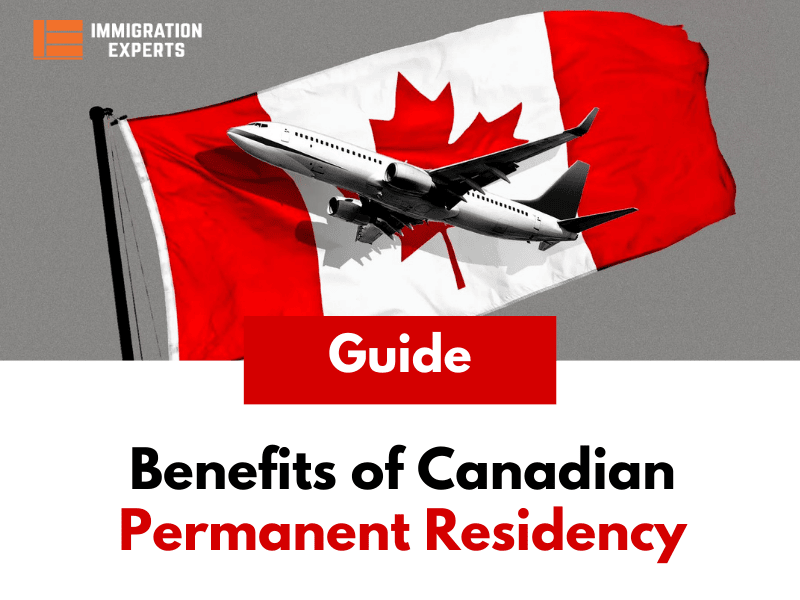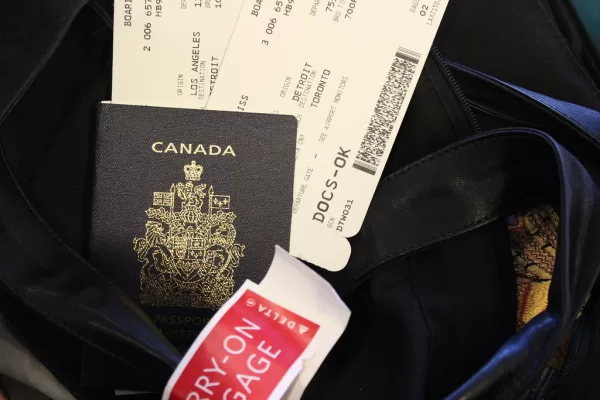051 8439995, 042 35911332

More and more people are selecting Canada as their new home to gain Canadian permanent residency. However, currently, the procedure has become more challenging compared to previous times due to increased competition.
Yet, those aiming for Canadian permanent residency need to understand various laws, regulations, and details about their status as permanent residents.
Do you know what a “permanent resident” means? Although most benefits are similar to those of citizens, there are some important differences.
For a deeper dive into Canadian immigration, click on the link.
This article will guide you through understanding every aspect of being a permanent resident.
Understanding Permanent Residency Status
Being a permanent resident means that you’ve moved to Canada and received a status that allows you to stay permanently, even though you’re not a Canadian citizen.
Most permanent residents are citizens of other countries. If you’re a permanent resident, you can come to Canada without needing a visa.
But, it’s important to keep your Permanent Resident (PR) card valid when you come back from a trip outside of Canada. If it’s expired, you need to apply for a new one.
If your PR card expires, you won’t lose your permanent resident status.
However, when you’re traveling by commercial airline, you need to show a valid PR card or Permanent Resident Travel Document (PRTD) before boarding. If you don’t have either of these, you might not be allowed to get on your plane, train, bus, or ferry to Canada.
Applying for temporary or refugee status doesn’t automatically make you a permanent resident.
Before individuals can become permanent residents, they need approval from the Immigration and Refugee Board. Then, they have to apply for and get their permanent resident status.
So, if you’re just visiting or living temporarily in Canada, like a student or foreign worker, you’re not considered a permanent resident.
The Significance of Holding a Permanent Resident (PR) Card
Showing your PR card is a way to prove you’re a permanent resident. This allows you to come and go from Canada freely.

So, when you’re coming back to Canada using commercial transportation like a plane, boat, train, or bus, you need to show your permanent resident card along with your passport.
If you’re outside of Canada and you’re a permanent resident without a PR card, or if you don’t have one at all, you need to apply for a permanent resident travel document (PRTD).
This is important because if you try to enter Canada again without your PR card or PRTD, you might not be allowed back in.
What Benefits Come With Obtaining Permanent Residence in Canada?
As a permanent resident, you can enjoy several benefits in Canada, including:
- Social Benefits: You can access many social benefits, including healthcare coverage, which is akin to what Canadian citizens receive. This means you can enjoy medical services and treatments without worrying about substantial expenses.
- Residential and Employment Flexibility: You have the freedom to live, work, or pursue education anywhere in Canada. This flexibility allows you to choose the location that best suits your personal or professional needs.
- Pathway to Citizenship: Permanent residency serves as a stepping stone towards Canadian citizenship. You become eligible to apply for citizenship after meeting certain residency and other requirements, which opens up additional rights and opportunities.
- Legal Protections: As a permanent resident, you are entitled to protection under the Canadian Charter of Rights and Freedoms and the laws of Canada. This ensures that you are treated fairly and have recourse in case of any legal issues or disputes.
However, to enjoy these benefits of permanent residency in Canada, you must fulfill your responsibilities, which include paying taxes and following all municipal, provincial, and federal laws.
What Can a Canadian Citizen Do but a Permanent Resident Cannot?

As a permanent resident, there are certain things you can’t do, such as:
- Vote or run for public office.
- Hold job positions that require high-level security clearance.
How Long Must You Stay in Canada to Maintain Your Permanent Resident Status?
To maintain your status as a permanent resident of Canada, you typically need to have been in the country for at least 730 days out of the past five years.
It’s important to note that these 730 days don’t need to be consecutive. In some cases, you can count time spent abroad toward meeting this requirement.
To confirm whether your time spent overseas counts towards meeting the permanent residency obligation, you should refer to the detailed guidelines provided by the authorities.
What if You Lose Permanent Residency Status?
Even if your Permanent Resident (PR) card expires, you still keep your permanent resident status.
However, there are situations where a permanent resident might lose their status:
- If a removal order is issued against you and it takes effect.
- If an adjudicator decides, after an investigation or appeal, that you’re no longer a permanent resident.
- If you choose to give up your status as a permanent resident.
- If you become a Canadian citizen.
Even if you don’t meet the residency requirement, you’re still seen as a permanent resident until a decision is made about your status.
Declaring Non-Permanent Residency
If you ever decide that living in Canada isn’t what you want any more, you have the option to voluntarily apply to give up your status as a permanent resident.
For example, if you:
- Realize that you haven’t met the residency requirements because you’ve spent a lot of time abroad.
- Want to come to Canada but don’t want to wait for a visa officer to officially review your permanent resident status?
